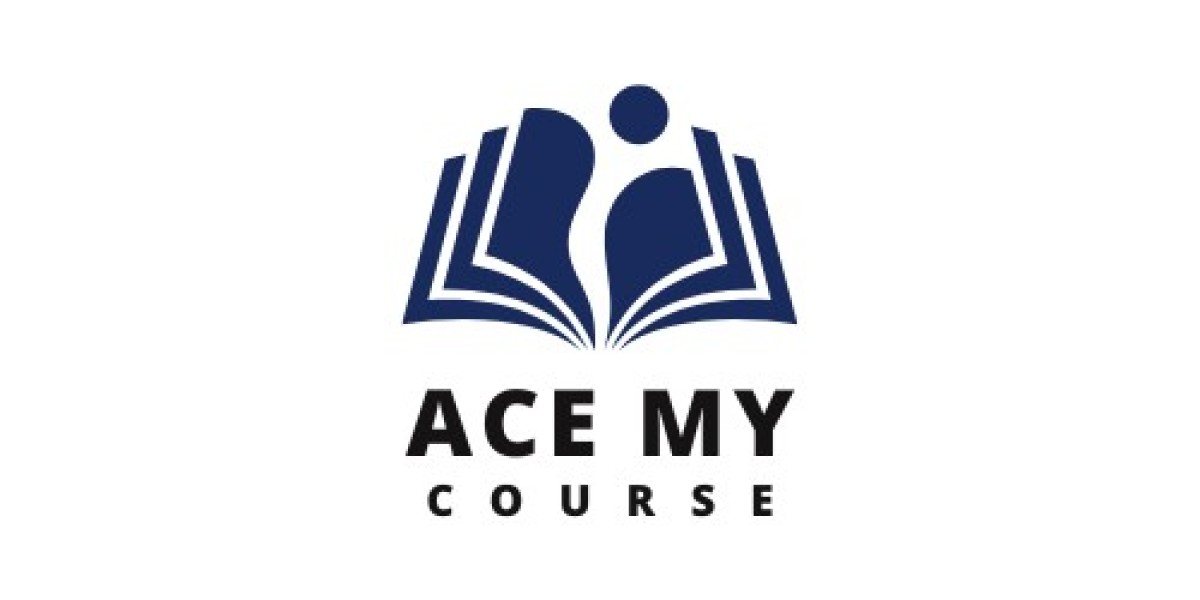In today’s demanding academic landscape, students often juggle multiple responsibilities, which makes it tempting to consider options like pay someone to do my online course. This is particularly true when working through comprehensive modules such as NHS FPX 8002 Assessment 1, NHS FPX 8002 Assessment 2, NHS FPX 8002 Assessment 3, and NHS FPX 8002 Assessment 4. Each of these assessments requires not only technical knowledge but also the ability to demonstrate leadership, critical thinking, and reflective practice.
Understanding the Demands of NHS FPX 8002
The NHS FPX 8002 course is designed to challenge students by blending leadership theories with practical application. Rather than focusing solely on academic writing, these assessments push learners to think like leaders in healthcare environments. For many students, the volume of work can feel overwhelming, leading to the question of how to manage assignments while maintaining balance in their personal and professional lives.
One of the most striking aspects of these assessments is their cumulative nature. Each step builds on the one before, ensuring that students not only understand leadership in theory but also practice it in simulated and real-world scenarios. By the end of the course, learners are expected to articulate their leadership philosophy, demonstrate professional communication, and apply leadership skills in practice.
Assessment 1: Demonstrating Effective Leadership
The first step in the journey, NHS FPX 8002 Assessment 1, emphasizes the role of effective leadership in addressing healthcare challenges. This assessment requires students to analyze a complex problem—such as the opioid crisis—and apply leadership strategies to propose meaningful solutions. It’s not only about identifying the issue but also about building interprofessional partnerships and creating sustainable strategies for change. Students are encouraged to consider ethical frameworks, collaboration, and inclusivity, all of which are essential qualities in modern healthcare leadership.
Assessment 2: Personal Leadership Portrait
Building on the foundation of Assessment 1, NHS FPX 8002 Assessment 2 asks students to reflect inward. This assessment serves as a mirror, helping learners evaluate their leadership strengths and areas for growth. By creating a personal leadership portrait, students examine qualities like emotional intelligence, transformational leadership, and servant leadership. The goal is to foster self-awareness, which is a critical skill for any healthcare professional. Recognizing one’s leadership style allows for more intentional development and ensures that professionals can adapt effectively in diverse clinical settings.
Assessment 3: Professional Interviewing
Next, NHS FPX 8002 Assessment 3 brings leadership into practice. In this exercise, students simulate an interview for a clinical nurse educator role. The task is to communicate leadership philosophy, problem-solving ability, and teamwork skills in a professional and persuasive way. This is more than a mock interview—it’s a chance to demonstrate how academic preparation translates into real-world readiness. Students practice articulating their vision for supporting staff, promoting evidence-based practices, and fostering professional growth, which are essential in today’s competitive healthcare job market.
Assessment 4: Practicum Page Access
Finally, NHS FPX 8002 Assessment 4 represents the culmination of the course. It provides access to the practicum experience, where students can apply their leadership skills in real-life scenarios. This step emphasizes accountability and preparation, as access requires verification to ensure students are ready to meet professional standards. By this stage, learners are expected to demonstrate maturity, initiative, and the ability to integrate leadership theories into hands-on practice. This practicum not only solidifies academic learning but also bridges the gap to professional application.
Balancing Workload and Seeking Help
As students progress through these demanding assessments, the workload can feel overwhelming. Some may even explore options like pay someone to do my online course as a way to relieve the pressure. While academic support services can provide valuable guidance, it’s important to recognize the long-term benefits of engaging with the material personally. The assessments are carefully designed to prepare learners for real-world challenges in healthcare leadership—skills that cannot be outsourced. Instead, seeking structured support, time management strategies, and academic resources are healthier and more effective ways to ensure success.
Why These Assessments Matter
The NHS FPX 8002 assessments are not simply academic hurdles; they are stepping stones to leadership excellence in healthcare. Each assignment reinforces skills that healthcare professionals need to thrive—collaboration, communication, ethical reasoning, and reflective practice. For students, these tasks may feel intense, but they provide an invaluable opportunity to grow beyond textbooks and step into the role of a confident leader.
By engaging deeply with these assessments, students not only meet academic goals but also prepare themselves for impactful, long-lasting contributions to the field of healthcare.
Conclusion
Success in NHS FPX 8002 comes from more than completing tasks—it comes from internalizing the lessons within each assessment. From analyzing systemic healthcare issues in Assessment 1 to reflecting on leadership strengths in Assessment 2, showcasing communication skills in Assessment 3, and applying theory in practice through Assessment 4, the course equips students with the tools to lead effectively in complex healthcare environments.








